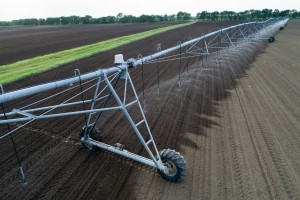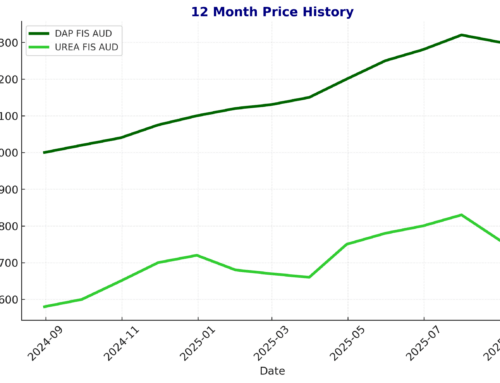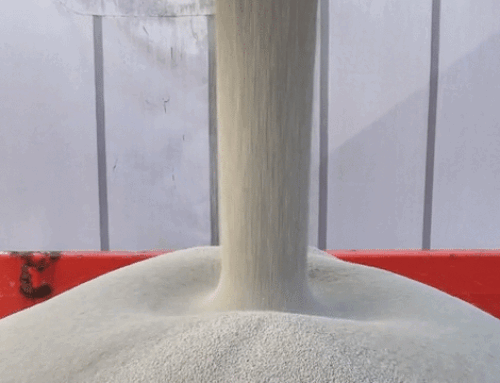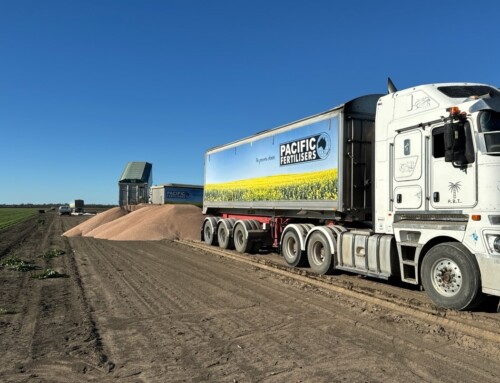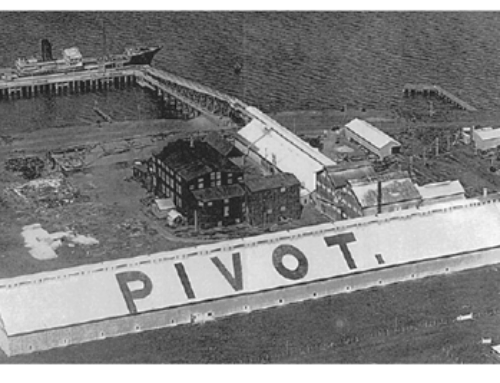Soil salinity is an important issue impacting agricultural production in Australia, with large areas effected to some degree including the Lockyer Valley. Salinisation of subsoils can be caused by natural processes, with water and soils naturally containing salts, however rising water tables and irrigation quality/quantity as well as other agricultural land use practices can also contribute.
Salinity becomes an issue when the proportion of soluble salts in water and soil increases to levels that impact on water quality, soil properties, plant growth/agricultural production and importantly the wider environment. As well as potentially reducing the yield of agricultural/horticultural crops, salinization can also limit the type of crops that can be grown.
As the concentration of soluble salts in water and soil increase plant growth and development can be adversely affected, reducing productivity and crop yields. Electrical Conductivity (EC) is a measurement of water and soil salinity levels, with the EC of a water/soil sample influenced by the concentration (and also the composition) of dissolved salts in the sample.
Treating soil salinity:
Gypsum can be utilised as one component of the overall management approach in relation to soil salinity. Gypsum can assist through improving the soil structure, and the calcium in Gypsum also displaces some soluble salts, eg sodium from the soil cation exchange complex. Pacific Fertilisers have a range of high quality Gypsum products available for broadcast spreading as power/granules or ultra-fine solution grade products suitable for fertigation
Visit our website for more information www.pacificfertiliser.com
